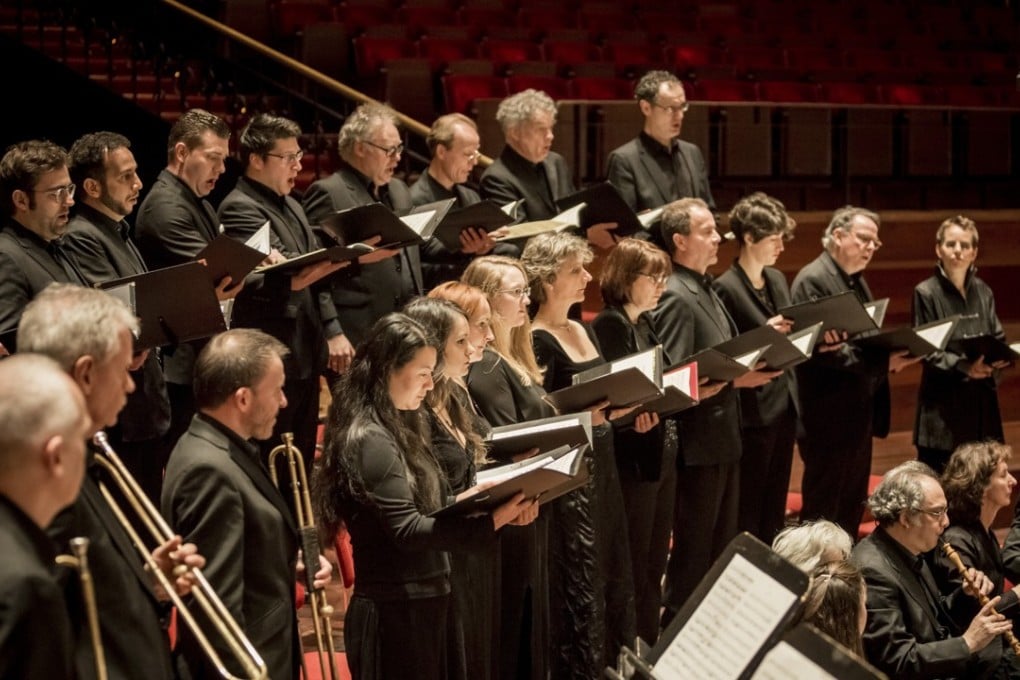World-renowned early music specialist Ton Koopman and his Amsterdam Baroque Choir to treat Hong Kong to a musical feast
Ton Koopman and his Amsterdam Baroque Choir are performing in Hong Kong on May 29

The Baroque, that ornate, sometimes even extravagant, style of art, architecture and music, is something that most of us associate with past and distant glories. Indeed, the Baroque flourished in the early 17th to late 18th centuries in Europe, and the most well-known examples of Baroque architecture can be found in countries such as Italy, France, Germany, Austria and the Czech Republic. The façade of the Vatican City’s St Peter’s Basilica, and London’s St Paul’s Cathedral are two world-renowned examples of Baroque architecture.
But Baroque became more than just a European aesthetic – it was the first style to have a significant worldwide impact as it spread to the colonies and trading hotspots of Africa, Asia, and Central and South America. The façade of the ruins of St Paul’s in Macau are testament to how far the Baroque sensibility travelled.
“Baroque has reappeared at various times after it fizzled out at the beginning of the 18th century in Europe, giving way to the more lighthearted, decorative style we call the Rococo, and then to the strict and academic style called Neoclassicism,” says Professor Gauvin Alexander Bailey, bader chair in Southern Baroque Art at Queen’s University, Canada. “First of all, it lasted much longer in some places like Brazil and Macau than it did in Europe, well into the 19th century. But there were also lots of Baroque revivals: in the Victorian era, in the 1950s, even today in opulent hotel architecture – I recently stayed in a French Baroque-style hotel in Beijing.”
In Asia, Baroque architecture can mainly be found in Goa and Pondicherry in India, and in Malaysia, as well as in Macau.
Although there is huge variety among Baroque arts and architecture, there is a general tendency in the style toward heavy ornamentation, bright colours, depictions of extreme emotions, and opulence.
The style is concerned, above all else, with engaging the viewer’s emotions and using them for a variety of ends, such as conversion to Catholicism or submission to Absolutist monarchs, according to Bailey.
